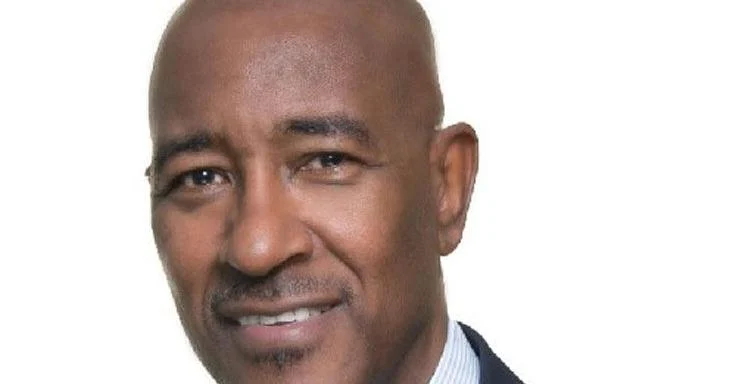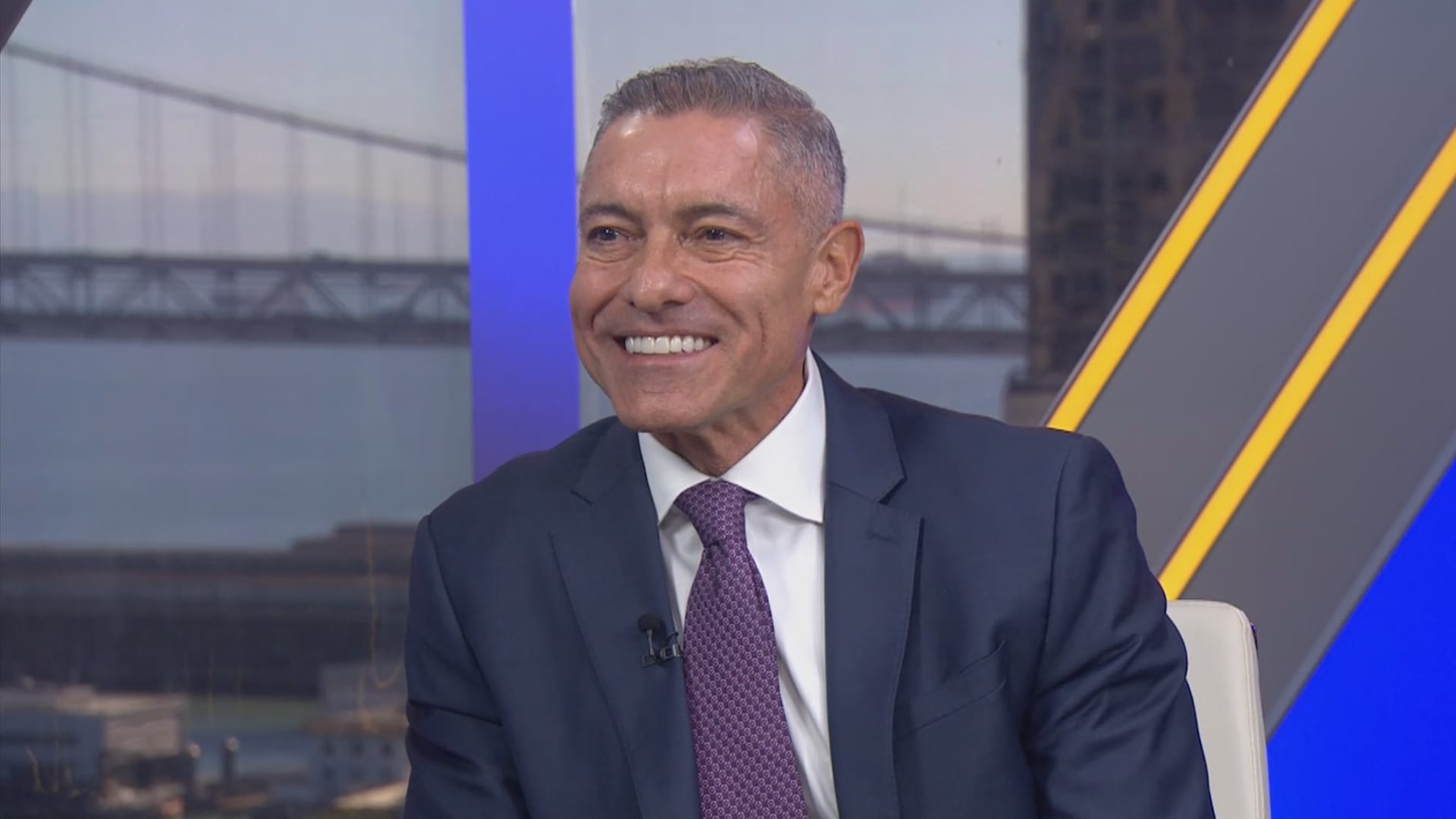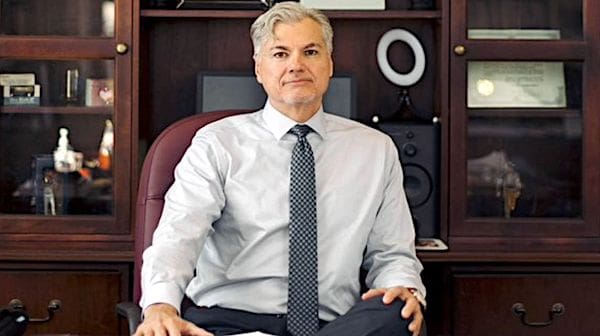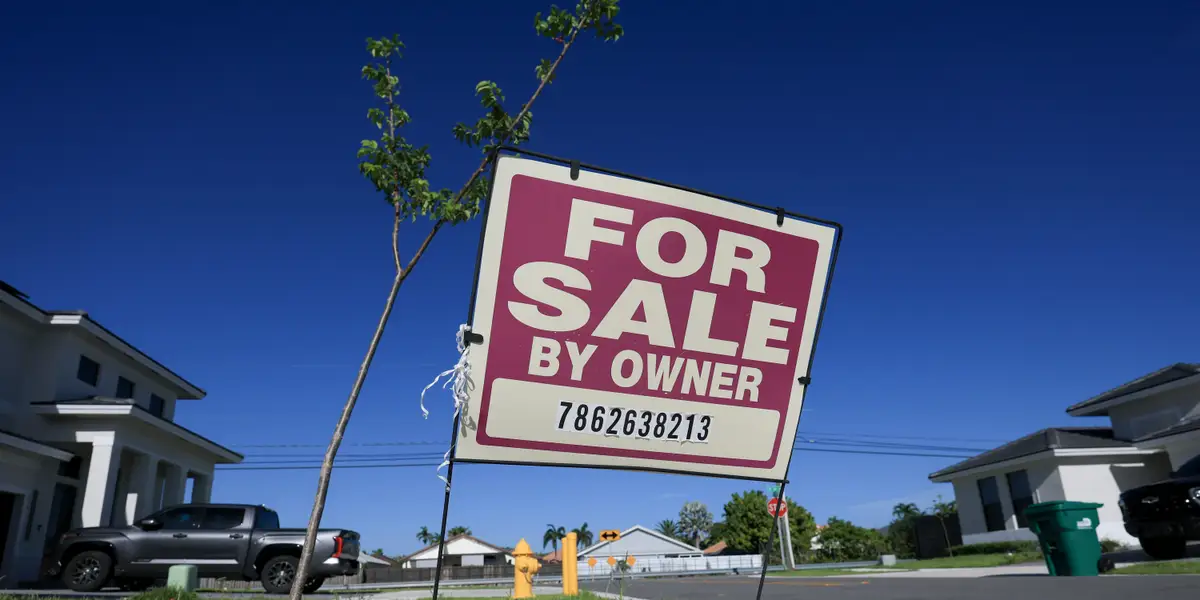Copyright trinidadexpress

At the time of writing, Jamaica was being battered by Hurricane Melissa. The Category 5 hurricane. The strongest storm anywhere in the world this year flooded towns, tore off roofs, and left large areas without power. But one fact is already clear: once again, a Caribbean nation finds itself on the front line of a climate crisis it did not create. Our hearts go out to the people of Jamaica, who are confronting this catastrophe with courage. Yet sympathy must give way to strategy. The reality is that small island states, which together produce less than 1% of global greenhouse-gas emissions, continue to suffer the harshest effects of a warming planet, from stronger hurricanes to rising seas. Jamaica’s plight is especially cruel. Over the past two decades, the country has rebuilt its fiscal reputation, reducing debt from over 150% of GDP to about 70% today, a remarkable achievement earned through years of discipline and sacrifice. Now, one hurricane threatens to undo much of that progress, forcing yet another round of borrowing and reconstruction. It is a sobering reminder of the injustice small states face: we contribute little to global emissions, yet bear the heaviest cost of its impact. The Caribbean’s carbon footprint is almost invisible, roughly 0.3% of global CO₂ emissions but our exposure to climate disasters is among the highest anywhere. Nearly two-thirds of all natural disasters affecting small countries since 1950 have occurred in this region, claiming over 250,000 lives and affecting 24 million people. Annual losses already exceed US $12.5 billion. Dominica lost 226% of GDP after Hurricane Maria (2017); Grenada lost 200% after Hurricane Ivan (2004); The Bahamas lost a quarter of its GDP after Dorian (2019). The IMF projects that average hurricane damage now around 5.7% of GDP could rise by as much as 77% by 2100. These are not statistics; they are our reality. Barbados Prime Minister Mia Mottley has become the global voice for this cause through the Bridgetown Initiative. Her message is unmistakable: the international financial system was built for a different world and must be reformed to support climate-vulnerable nations. The initiative calls for affordable long-term finance linked to climate risk; debt pause clauses after disasters; and expanded funding for adaptation and resilience. It also demands a global “loss-and-damage” mechanism to ensure that the countries most responsible for emissions help pay for the recovery of those most affected. This is not charity, it is justice. Even after the winds subside, the economic aftershocks linger. Insurance costs across the region are rising sharply as reinsurers withdraw from high-risk markets. Without affordable coverage, investment slows, credit tightens, and growth stalls. In a keynote address to the Caribbean Association of Actuaries last year, I warned that the region could face a “mass exodus of reinsurers” similar to the loss of correspondent banking relationships a decade ago — a development that would raise the cost of doing. Each new hurricane therefore imposes a double burden, physical destruction followed by financial penalty through higher premiums and risk pricing. The Caribbean is being taxed for climate change without ever having caused it. The Inter-American Development Bank estimated that its six Caribbean member countries would need around US$19.6 billion in infrastructure investment by 2030 to meet sustainable-development goals and far more to climate-proof existing assets. The cost of inaction was projected at US$22 billion per year by 2050. But those projections came before the series of record-breaking hurricanes, floods, and other climate disasters that have battered the region in recent years. Rebuilding and adaptation needs have likely multiplied, meaning the original figures now fall short of the true scale of the challenge. As storms like Melissa become increasingly frequent and intense, the cost of inaction could be far higher than previously thought, highlighting the urgent need for resilient infrastructure and long-term climate planning across the Caribbean. Resilience financing must therefore be re-imagined. Multilateral banks should expand concessional lending and support regional insurance pools to keep coverage affordable. Governments can link stronger building codes to lower insurance premiums and reward resilient construction. And the private sector must see investment in resilience not as a cost but as a necessary business strategy. The moral argument remains simple. The Caribbean did not create this problem, but we are paying for it. The polluter-pays principle must move from rhetoric to action. Climate-vulnerable nations should not have to borrow to rebuild. Fairness demands that those who cause the damage share in the cost of repair. Hurricane Melissa exposes not only the fragility of roofs and coastlines, but the fragility of an international system that asks the smallest nations to shoulder the largest risks. The Caribbean did not warm the oceans, yet we pay the premiums, rebuild the infrastructure, and carry the debt. Climate change is not tomorrow’s problem, it is today’s invoice, already delivered to our doorsteps. The question is not whether we will pay, but whether the world will finally pay its fair share. Robert Le Hunte is a former executive director of the Inter-American Development Bank and Republic Bank Ltd, and a former managing director of ANSA Bank Ltd. He is currently engaged in financial and policy-related consultancy across the Caribbean and Africa.



